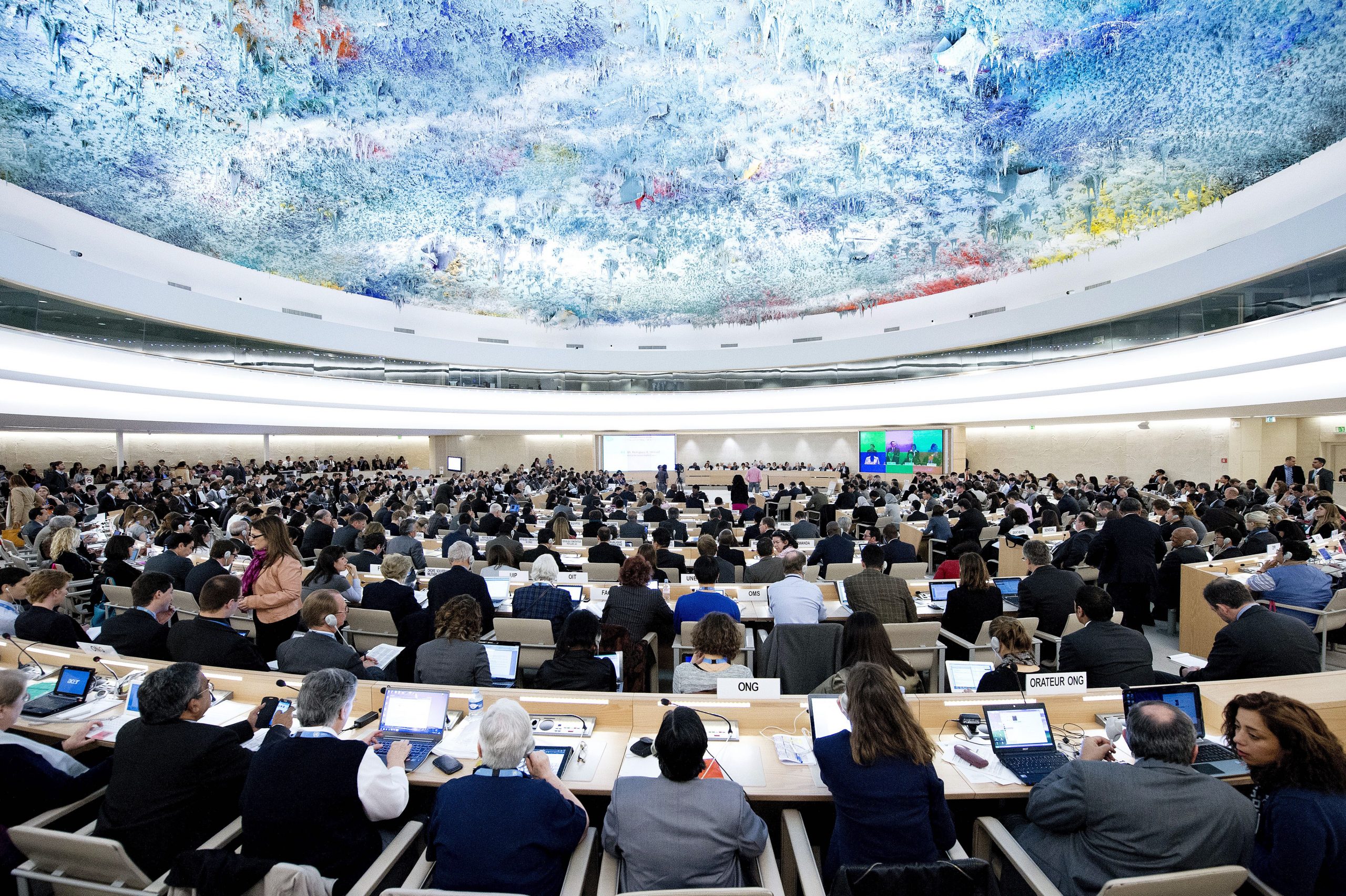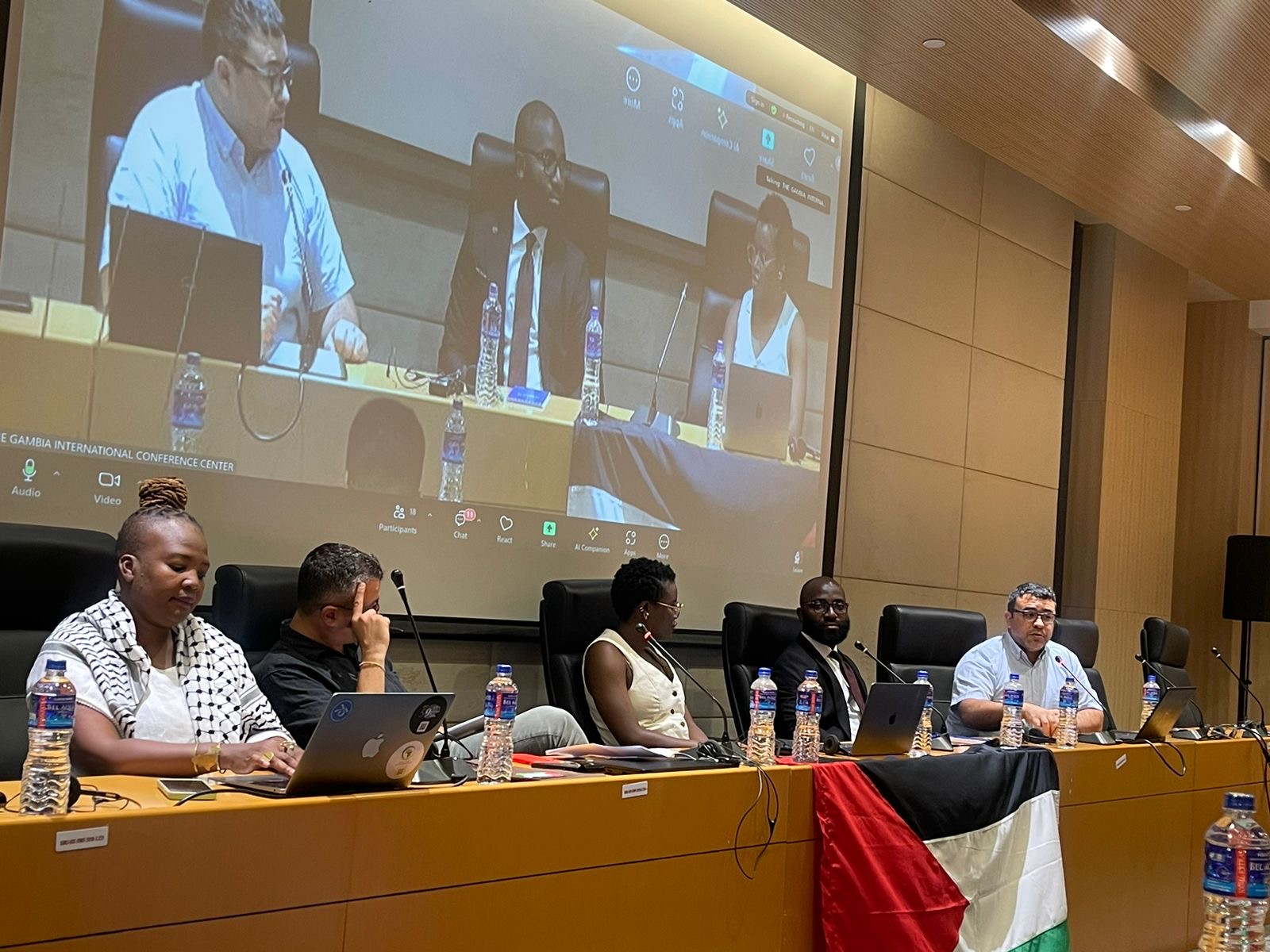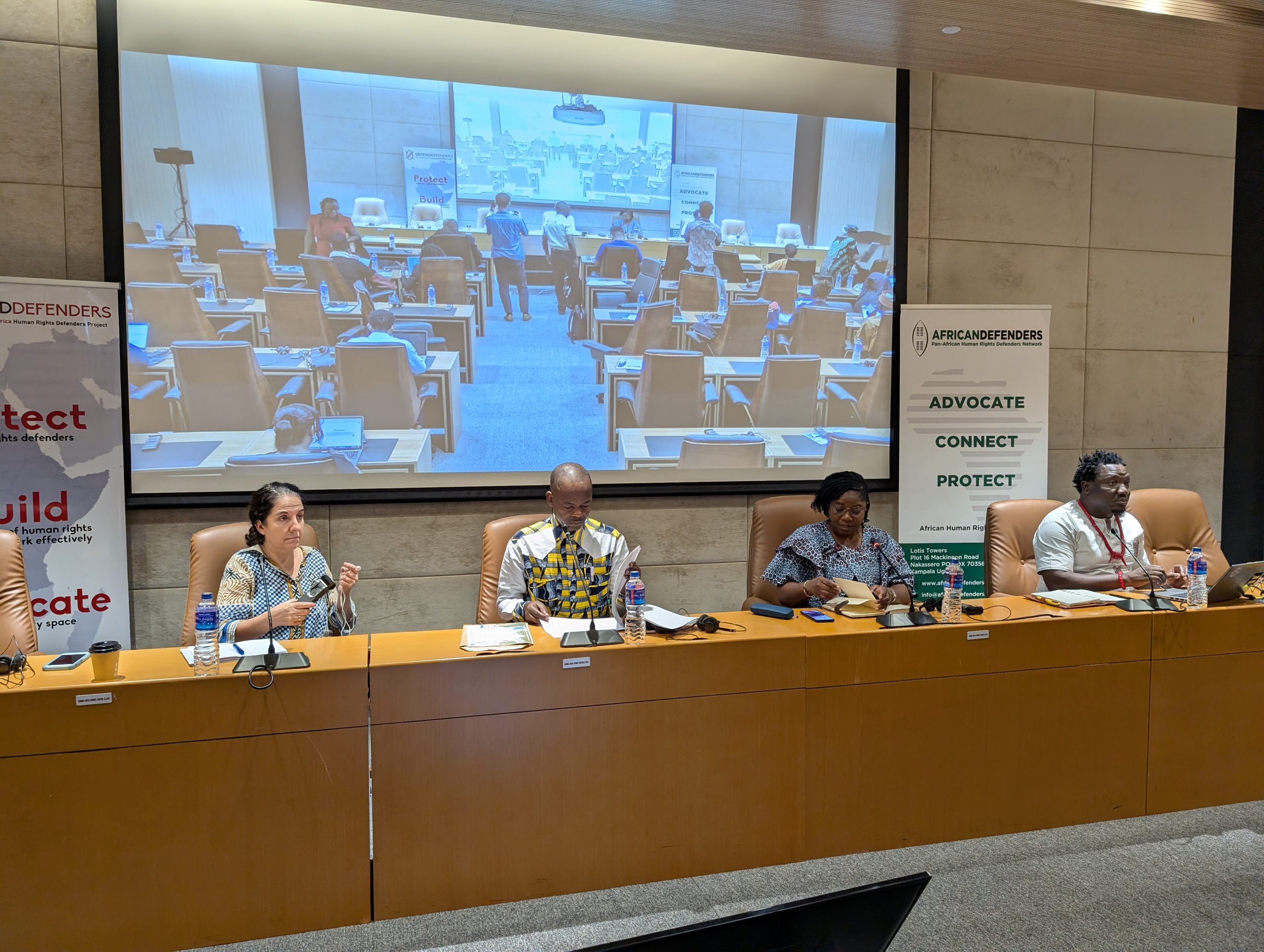请点此阅读中文版
The Human Rights Council’s effectiveness relies on its members and their readiness to respond fully to the Council’s mandate set out in GA resolution 60/251. A commitment to the promotion and protection of human rights at home and abroad is essential criteria for membership.
In a disappointing move, all but one region presented closed uncompetitive slates in today’s election, assuring candidates in those slates a seat on the Council. ‘Competitive elections are a prerequisite to enabling 193 members of the GA to apply the membership criteria when casting their ballot. The fact that Saudia Arabia, a country with a record of serious human rights violations and poor cooperation with UN mechanisms, was not elected, demonstrates the importance of competitive elections,’ said ISHR’s Salma El Hosseiny.
‘We call on all regional groups to ensure competitive slates as a matter of principle, and to announce their candidacies with sufficient time for voting States and civil society to properly consider their candidacies. We were once again disappointed that the fourth candidate for the Africa regional group (Gabon) was confirmed just one week prior to the election.’
Critically, 15 of the 16 candidates presented voluntary pledges prior to the election. The only candidate failing to do so was Saudi Arabia – the one candidate State not elected to the Council. In addition to this, nine candidates participated in the annual pledging event for candidate States organised by ISHR and Amnesty International last month. The lack of participation by the remaining seven candidates suggests a lack of commitment to transparency, dialogue and accountability.
Today’s results also suggests that various States voted in line with a joint civil society letter calling on Member States to refrain from voting for candidates that are unfit for membership. In that regard, China and Russia both received the lowest number of votes of States elected in their regions, with China also seeing a decline of votes of over 20% since last eletcion. Civil society urged States to treat human rights considerations and the substantive Council membership criteria outlined in resolution 60/251 as paramount when electing members to the Council. In this regard, candidates’ human rights records and cooperation with the Council and its mechanisms are spotlighted in ISHR’s scorecards.
Council membership is an important opportunity to strengthen the promotion and protection of human rights at all levels. In this context, ISHR together with national civil society partners, has sent letters to all candidates urging them to commit to and implement a series of specific concrete recommendations throughout their membership. ISHR will be monitoring the implementation of these recommendations throughout the newly elected States’ terms.
We call on all incoming Council members to join the incoming membership pledge initially delivered by Australia in 2018, through which States commit themselves to ‘uphold the highest standards in the promotion and protection of human rights,’ and to fully cooperate with the Council and its mechanisms.
The forthcoming members of the Human Rights Council are:
-
African Group: Senegal (188 votes), Côte d’Ivoire (182 votes), Malawi (180 votes), Gabon (176 votes)
-
Asia Pacific Group: Pakistan (169 votes), Uzbekistan (169 votes), Nepal (150 votes), China (139 votes), Saudi Arabia 90 (not elected)
-
Eastern Europe Group: Ukraine (166 votes), Russia (158 votes)
-
Latin America and Caribbean Group: Mexico (175 votes), Bolivia (172 votes), Cuba (170 votes)
-
Western Europe and Others Group: France (167 votes), UK (165 votes)
Contact: Tess McEvoy, Programme Manager and Legal Counsel, [email protected].
Photo: UNPhoto/Jean-Marc Ferre




